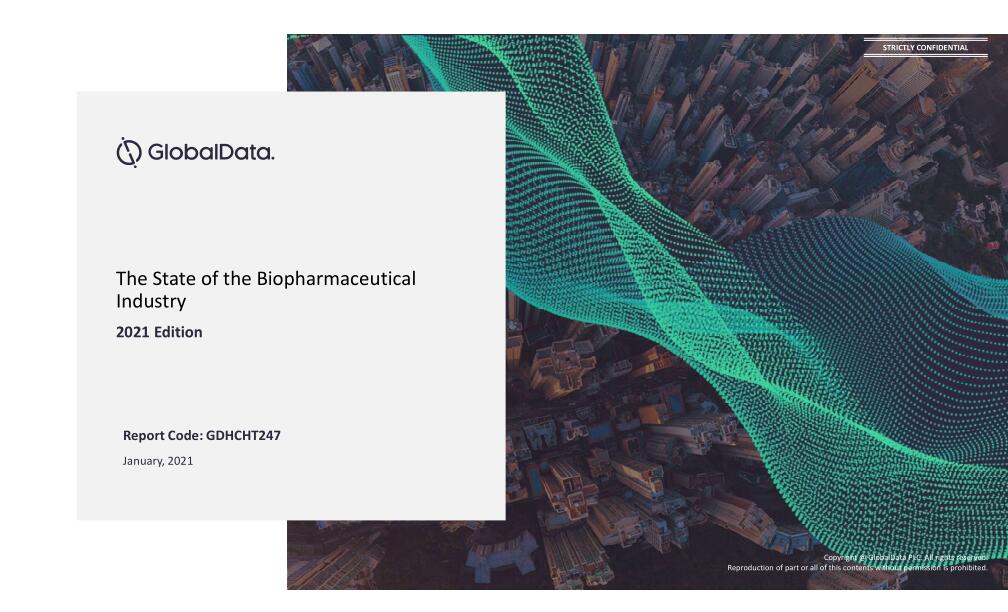
In a move to enhance patient access to complex generic drugs, the FDA’s Office of Generic Drugs (OGD) and the EMA have joined forces in a new pilot programme.
This initiative, an extension of the original parallel scientific advice (PSA) programme, homes in on complex generics, also known as ‘hybrid medicines’ as per EMA terminology.
Launched in 2005, the original programme offers a means for sponsors of new medicines to seek guidance from regulatory agencies in both the US and EU, regarding scientific matters related to product development.
The new voluntary programme aims to facilitate concurrent discussions between generic drug manufacturers and regulatory bodies, with the ultimate goal of improving patient access to harder-to-develop generic drugs. To participate in the PSA programme, applicants must submit requests to the EMA and FDA.
Examples of suitable candidates for this programme include proposals for single bioequivalence studies, approaches with common comparators, and the use of modelling and simulation data to improve development efficiency.
How well do you really know your competitors?
Access the most comprehensive Company Profiles on the market, powered by GlobalData. Save hours of research. Gain competitive edge.

Thank you!
Your download email will arrive shortly
Not ready to buy yet? Download a free sample
We are confident about the unique quality of our Company Profiles. However, we want you to make the most beneficial decision for your business, so we offer a free sample that you can download by submitting the below form
By GlobalDataSee Also:
Hybrid medicines or complex generics are medicines—usually small molecules— that contain the same active substance as an authorised medicine, but where there are certain differences between the two medicines such as in their strength, indication or pharmaceutical form. Speciality drugs are mostly used to treat different cancers, rheumatoid arthritis, and multiple sclerosis.
Complex generic drugs can offer significant market opportunities—there are fewer competitors in the sector, and it is slower for new companies to enter the space, meaning manufacturers can gain higher profit margins over a longer period. However, there are several challenges as well, in both the manufacturing and regulatory process.
This programme by the EMA and FDA can make the drug development process a bit easier. In the announcement accompanying the programme, OGD’s stakeholder and global engagement associate director Sarah Ibrahim said: “Early engagement with regulatory agencies can enhance the scientific quality and validity of a generic drug applicant’s development plan and reduce the risk of regulatory hurdles or surprises later on.”
For years, the markets for biosimilars—alternate versions of biologics—in the US and EU have looked very different. The EU biosimilar market has long been ahead of the US with the proliferation and use of new biosimilar products, resulting in more competition and lower prices. In the EU, biosimilars don’t need to prove interchangeability with the originator for pharmacy-level substitution while the US FDA requires this proof.
The EU’s single-payer healthcare system and tender-based procurement system contribute to high biosimilar uptake driven by low prices, whereas in the US, payer and physician perception of safety and efficacy, along with pricing and rebates, impact uptake.








